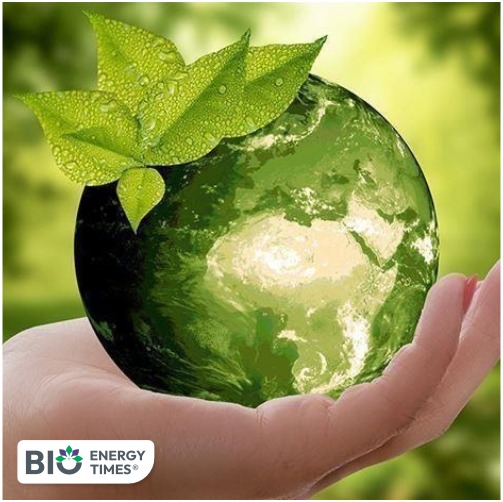In a major step to bolster domestic manufacturing of renewable energy components, the GST Council on Wednesday approved a reduction in the Goods and Services Tax (GST) rate on key green energy equipment, from 12% to 5%.
The revised rate will apply to a wide range of components including solar cells, biogas plants, windmill equipment, solar cookers, solar power-based devices, solar generators, waste-to-energy plants, solar lanterns or lamps, tidal wave energy devices, and solar photovoltaic (PV) cells, whether or not assembled in modules.
Fuel cell vehicles, including hydrogen-powered trucks and buses, are also covered under the reduced tax slab, supporting India’s broader strategy to promote green hydrogen-based mobility, especially for long-distance freight transport.
The Central Board of Indirect Taxes and Customs (CBIC), in its notification, stated that the objective behind the tax cut is to encourage the adoption and domestic manufacturing of renewable energy goods.
While these items were already subject to an inverted duty structure—where the tax on inputs is higher than the tax on finished goods—the CBIC noted that the existing refund mechanism will help address any resulting accumulation of input tax credit. Additionally, process reforms are being introduced to ensure faster refunds for affected businesses.
The tax cut is part of a broader overhaul of the GST structure, under which the Council also decided to phase out the 12% and 28% GST slabs, gradually merging most goods and services into the 5% and 18% categories.
This policy shift aligns with India’s ambition to become self-reliant in green energy manufacturing. The country currently has the capacity to produce 100 GW worth of solar modules domestically. The government is also working to scale up solar cell production and build a domestic supply chain for critical inputs like wafers and ingots, which are still largely imported—mainly from China.
The move is expected to strengthen India’s clean energy goals, reduce import dependence, and position the country as a global hub for renewable energy technologies.















